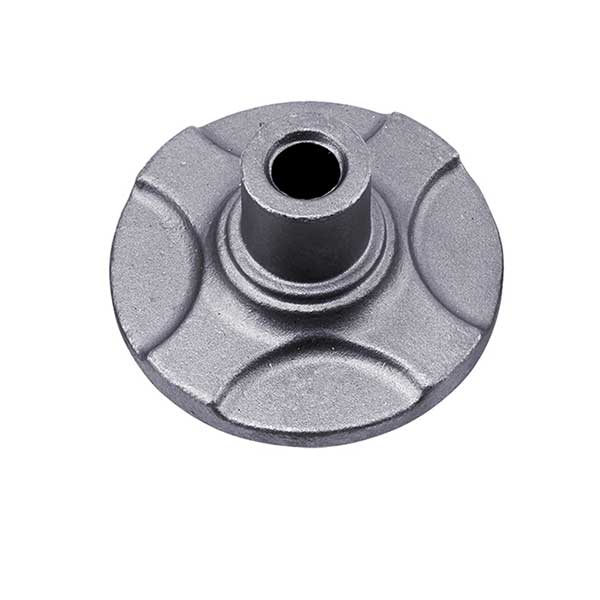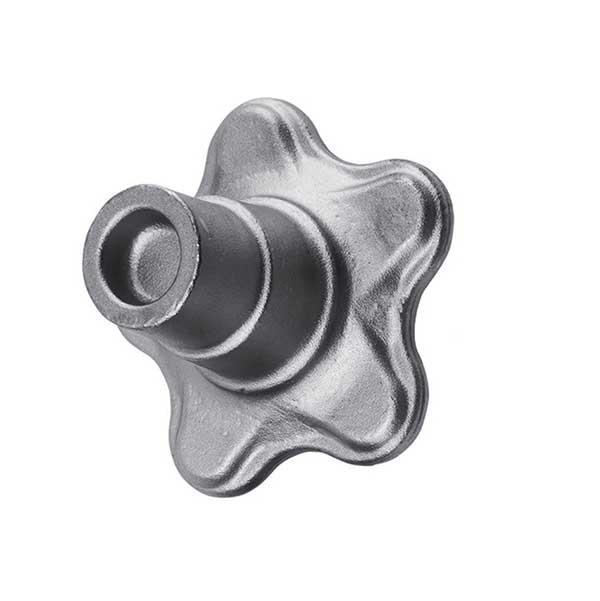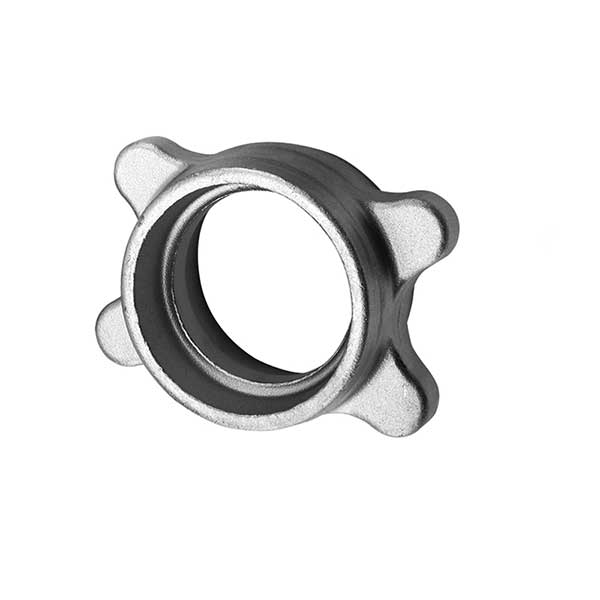Forged wheels are wheels that are made by the process of forging, in which a solid piece of metal is heated and then shaped using high pressure and shaping tools. The process of forging creates a stronger and more durable wheel compared to wheels that are cast or machined from a billet of metal.
Forged wheels are made from high-strength materials such as aluminum, magnesium, or steel alloys, which can withstand the stresses and strains of heavy use. The forging process also allows for precise control of the wheel’s shape and structure, resulting in a wheel that is strong, lightweight, and has excellent fatigue resistance.

The process of forging a wheel typically involves the following steps:
Heating: The raw material is heated in a furnace to a temperature that allows it to be easily shaped.
Forging: The heated material is placed in a forging press, which applies high pressure to shape it into the desired form.

Trimming: The forged wheel is trimmed to remove any excess material and to achieve the final shape.
Heat treatment: The wheel is heat treated to improve its strength, durability, and resistance to fatigue.

Machining: The final step is machining the wheel to achieve the desired finish, including polishing, painting, or powder coating.
Forged wheels are commonly used in high-performance applications, such as racing cars, high-end sports cars, and military vehicles. They are also used in heavy-duty applications, such as construction equipment and industrial machinery, where durability and strength are critical.


